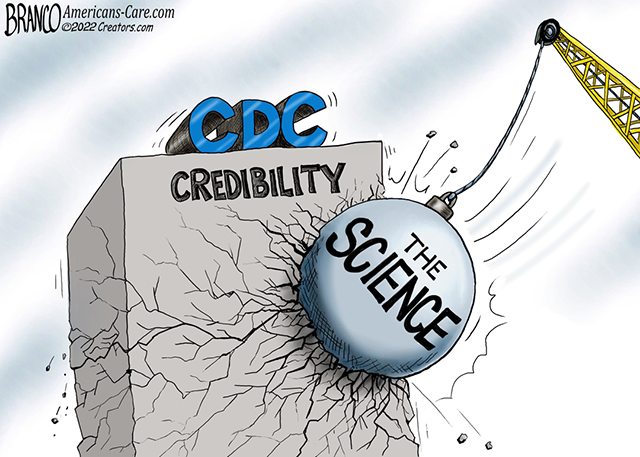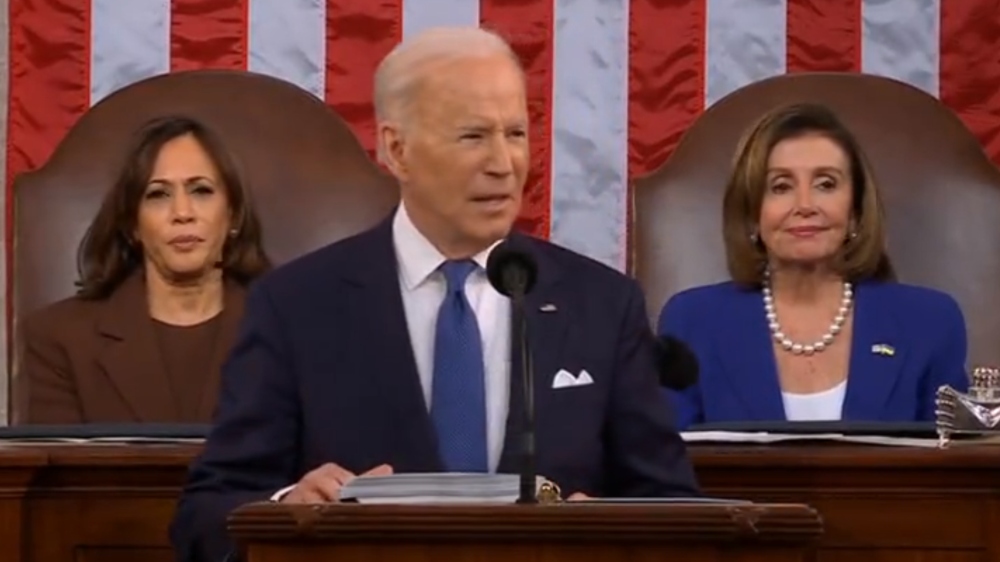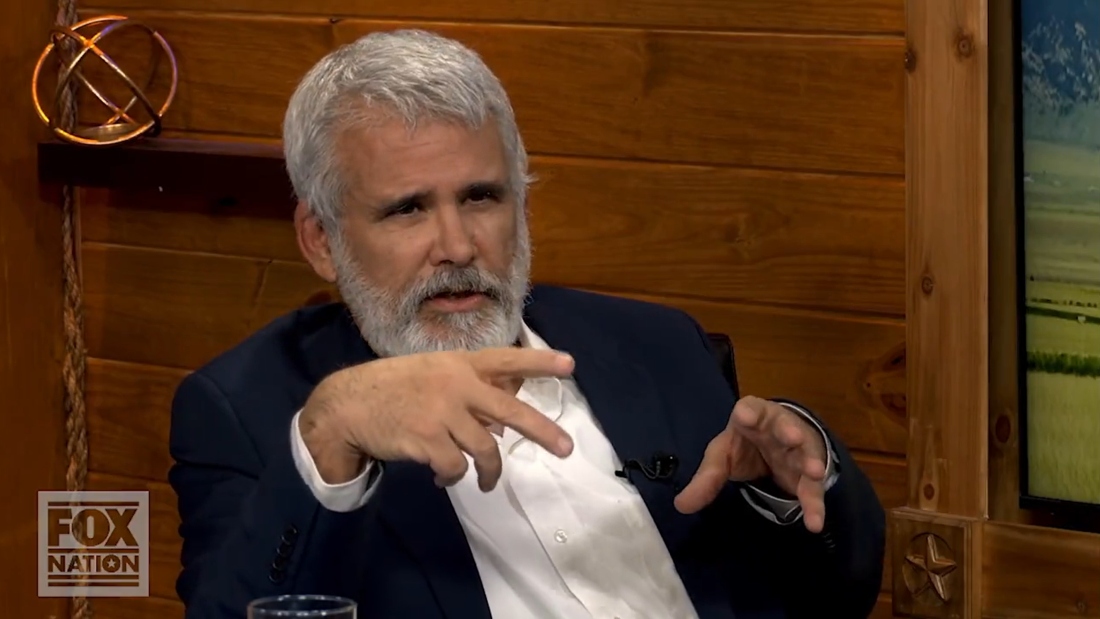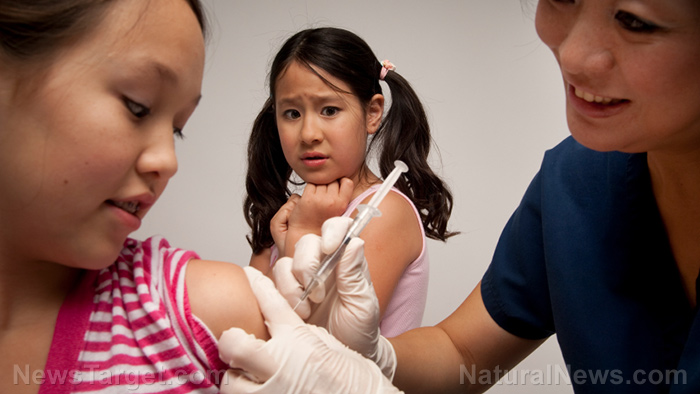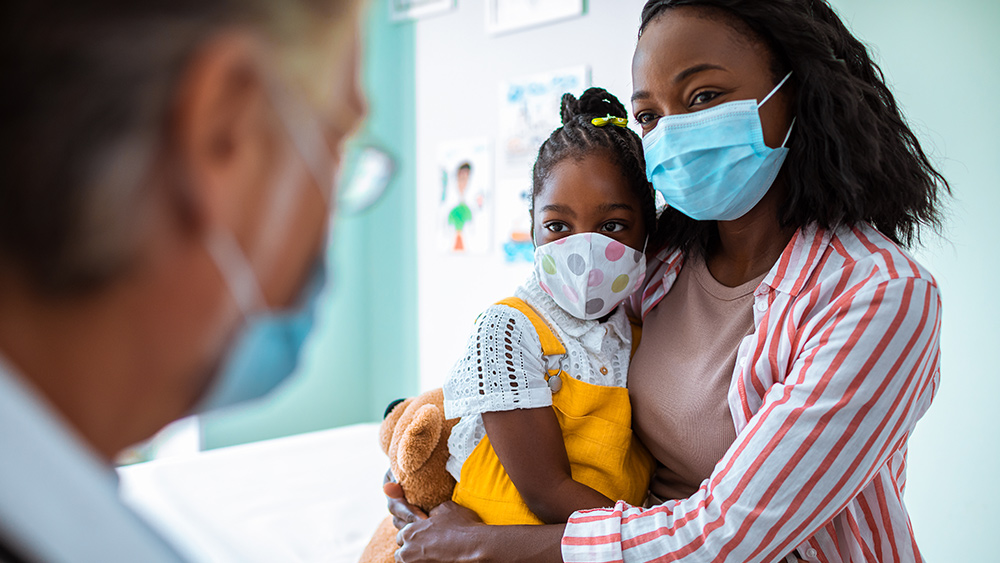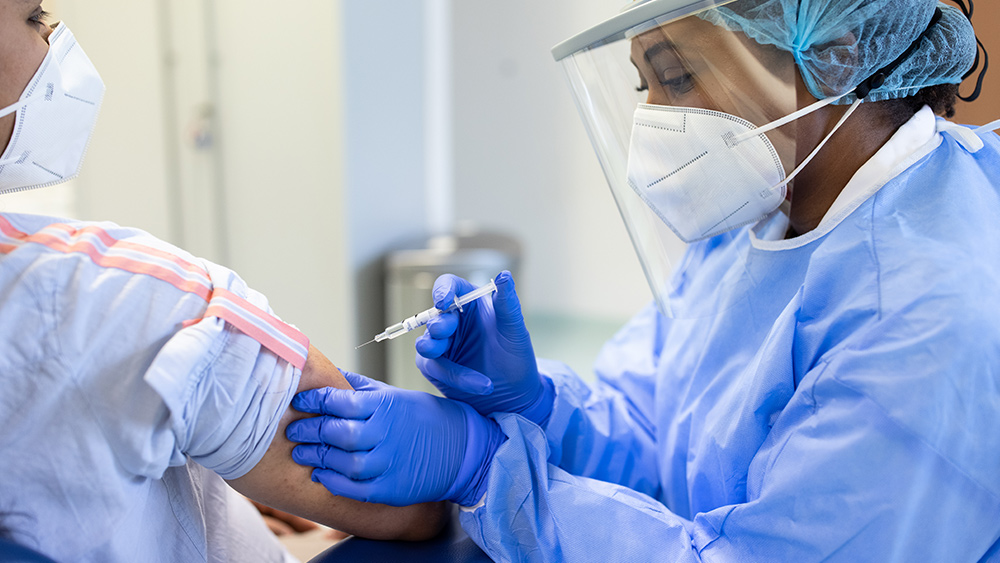Doubly dangerous: Seabird populations are threatened by both plastic pollution and the harmful chemicals they contain
10/05/2020 / By Cassie B.
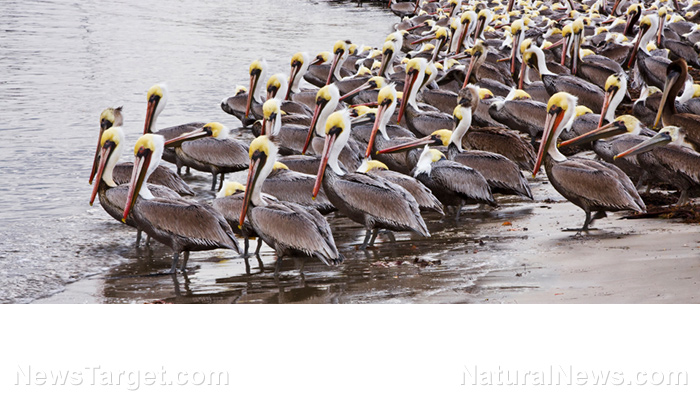
The plastic pollution problem plaguing our oceans has been getting a lot of attention in recent years, but much of it is focused on how all this is affecting fish. It’s an important issue to highlight, but the fate of seabirds is often overlooked. Unfortunately, they are also suffering from this environmental disaster, and scientists recently discovered just how extensive the damage is.
A series of recent studies show how plastic is doubly dangerous for seabird populations. One study, which was carried out as an international collaboration led by researchers from Tokyo University of Agriculture and Technology, found that seabirds are being threatened by hazardous chemicals when they eat this plastic on top of the physical blockages it can cause.
In a survey of 194 pieces of plastic that had been ingested by seabirds, they found a host of dangerous additives. These hazardous chemicals are blended into plastics to improve their characteristics or add color, and they can harm seabirds when they get into their systems.
The scientists found four types of UV stabilizers along with two brominated flame retardants in the plastic pieces they studied. Past studies have shown that these chemicals transfer from the ingested plastic into the seabirds’ tissue, where they can build up overtime. They revealed that seabirds who eat just 15 pieces of plastics have a 73 percent likelihood of having at least one of these additives in their systems; seabirds like the albatross regularly consume this amount of plastic. Their findings were published in the journal Marine Pollution Bulletin.
Additional studies show dangers of even small amounts of plastics
A different study explored the significant health problems that are experienced by sea birds from ingesting any amount of plastic. While most research focuses on the effects of plastic consumption on marine life mortality, this one from the Institute for Marine and Antarctic Studies at Australia’s University of Tasmania looked at the non-lethal impacts of plastic on the animals.
Plastic is inherently toxic, but its hazards actually grow over time as pollutants from the water surrounding it accumulate. Then, when these plastics are ingested, the toxins they have absorbed make their way into the animal’s bloodstream. Scientists already knew that a chick that has 200 pieces of plastic in it cannot survive, but researchers wanted to learn about the health impact of adjusting just a few pieces.
They used a safe and non-invasive method of emptying the chicks’ stomachs to see what was inside, and they also checked samples of their blood for indicators of overall health. The blood tests showed that the young birds had raised cholesterol levels and impaired kidney function. In addition, they noted reductions in their wing length, body mass, and bill and head length.
The study looked at the flesh-footed shearwater, a medium seabird found in southern Australia and northern New Zealand. In recent years, its population numbers have dropped by 29 percent. In some years, 90 percent of shearwater fledglings were found to contain at least one piece of plastic inside their stomachs.
This is not surprising when you consider that 9 tons of plastic debris are added to oceans each year. It’s easy for these birds to mistake plastic floating on top of water for food. Sadly, many adult birds mistakenly feed plastic fragments and bottle tops to their babies.
Seabirds have been declining in population faster than any other group of birds on the planet, and plastic in the oceans is one of the biggest culprits. If the current trends continue, experts project that 99 percent of seabirds will have ingested some form of plastic waste by 2050.
Sources for this article include:
Submit a correction >>
Tagged Under:
birds, chemicals, Ecology, environ, environment, microplastics, ocean life, plastics, seabirds, toxins
This article may contain statements that reflect the opinion of the author

